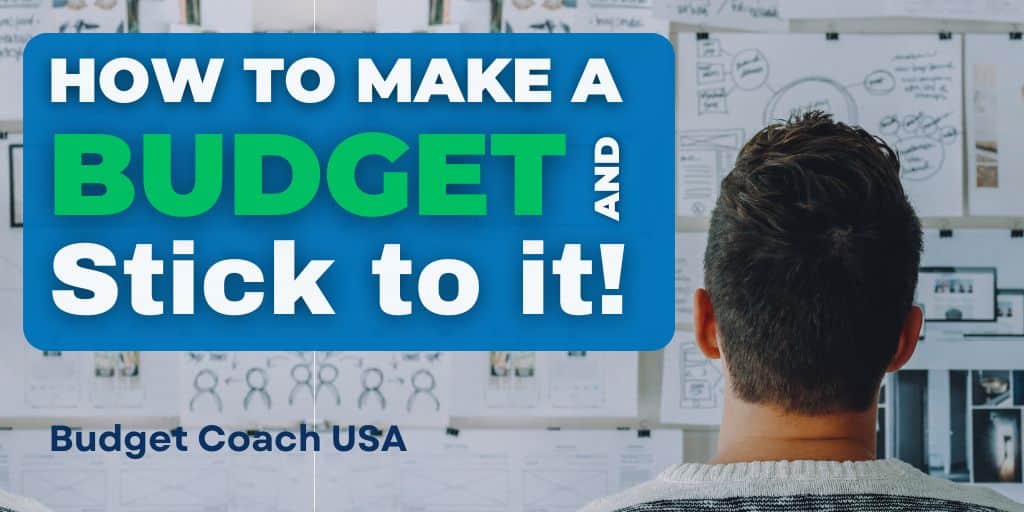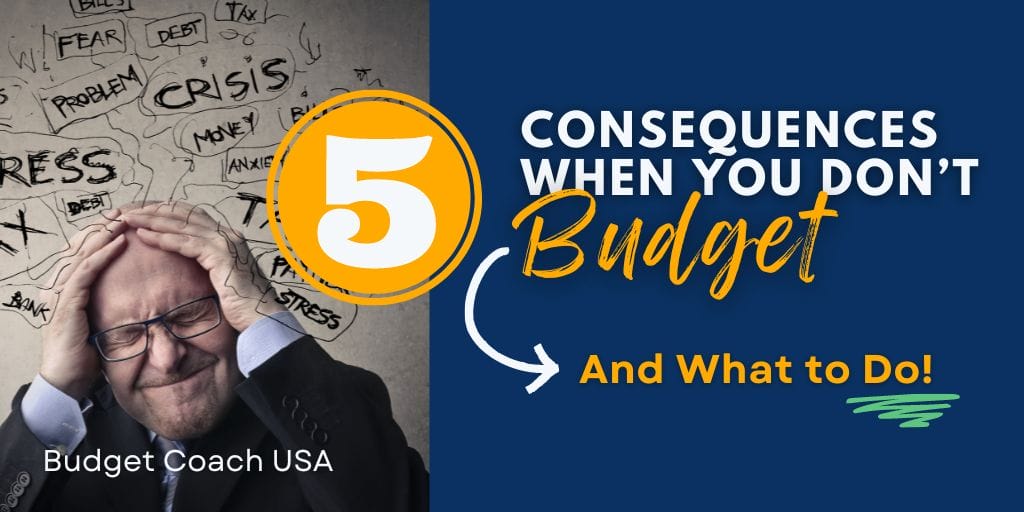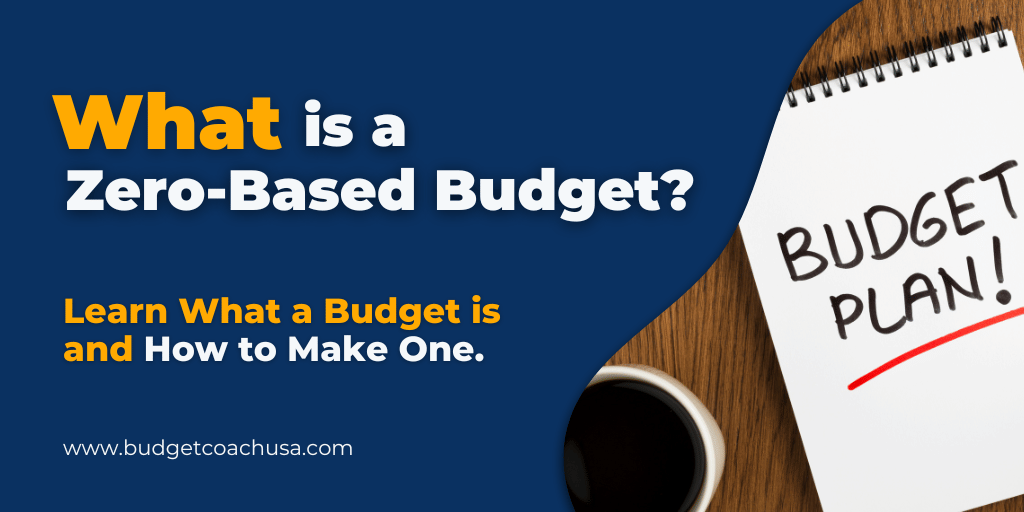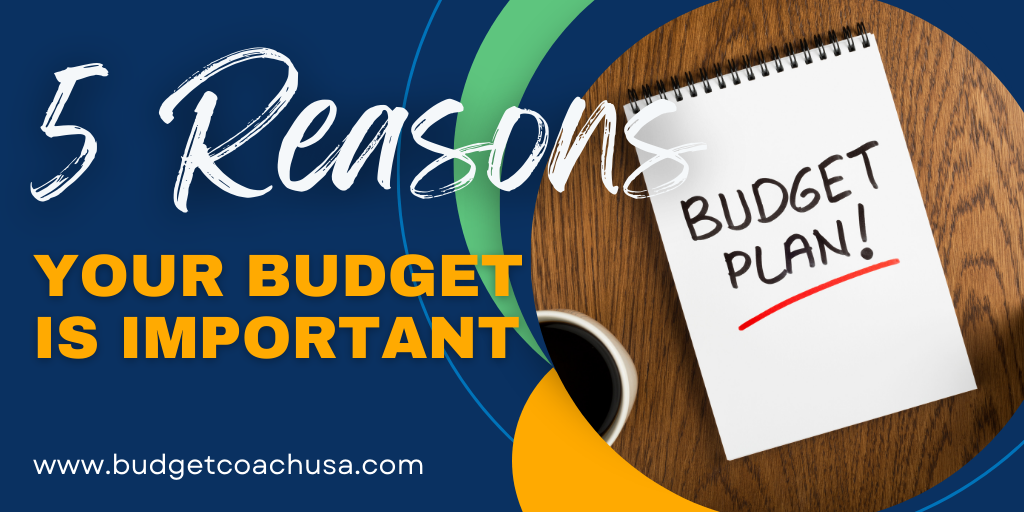How to Budget Money on Low Income
“Budget”. Nothing draws more blank stares from someone than talking about a budget. Most people think of a budget as a scary thing; almost like losing control over your spending. They think once they create a budget for their income, they’ll have to say no to all the good stuff in life and kiss fun goodbye, right? We think of a budget as the exact opposite. A budget isn’t scary, it is freedom. Yes, freedom. In this guide, we will explore how to budget money on low income effectively.
A budget is telling your money you are in charge. And once you make your money behave, all the worrying about losing freedom turns into the control you’ve been missing. Being in charge and being in control doesn’t sound bad to me. It sounds a lot like freedom. Knowing how to budget money on low income is especially important to building the future you want.
But what do you do when trying to create a budget on a low income? Well, there are universal laws of money and those laws apply whether you have a little money or a lot.
Let’s dig in but before we do, take a moment to download our free zero-based budget pdf.
4 Steps: How to Budget Money on Low Income
Step 1: List all of your income.
Start with your income, no matter how much you make. You can’t know how much you can spend for the month if you don’t know how much is coming in, right?
Be sure to list out all your sources of income for the month. This includes salaries, part-time work, side hustles, stipends, child support, disability, and social security. Use our free zero-based budget pdf download.
Step 2: List and organize all of your expenses.
When budgeting, especially on a low income it is important to separate your “core living expenses” from your “discretionary expenses” and to know the difference. If you have a low income you’ll, need to make every dollar count in your budget. So let’s start with the expenses necessary to keep us alive such as shelter, utilities, food, and transportation.
1. List your CORE living expenses first.
Your SUFT living expenses are expenses that you truly cannot live without. These are:
- Shelter: This means your home mortgage or apartment lease.
- Utilities: This means utility bills such as electric, natural gas/ propane, phones, water, trash service, and internet.
- Food: This means grocery store shopping for necessities. (Just grocery store food. Restaurants are a discretionary expense) See our post on the best way to save money on groceries.
- Transportation: This means vehicle(s), gas, and insurance necessary to get to work and back home so you can earn a living.
2. List other IMPORTANT expenses next.
Other important expenses such as:
- Child care expenses
- Life insurance
- Doctor’s bills
- Child support or alimony
- Pet expenses
3. Next, list your DISCRETIONARY/ LIFESTYLE expenses.
Your discretionary expenses are nice but unnecessary to sustain yourself like shelter and food. When you need to save money this is where you start to sacrifice. Some common discretionary expenses are:
- Restaurants
- Cable/ streaming TV
- Vacations
- Shopping
- Fufu coffee from your favorite coffee shop
4. Lastly, list all of your DEBT PAYMENTS. (Except for your mortgage. Keep it listed under CORE living expenses above)
We recommend that you list your debt payments separately because it is important to visualize what debt costs you each month. When you decide to get out of debt this will be the first place you begin budgeting extra money.
- Credit cards
- Car payments
- School loans
- Medical debt.
- Other debt.
Step 3: Subtract your expenses from your income.
Okay, let’s do the math. Total all of your income and then total all of your expenses. Subtract your expenses from your income. Get your number and move to step number four. Use our free zero-based budget pdf download.
Step 4: Adjust your budget until every dollar has a job.
Now go back and assign any unused dollars to a job like paying down debt or adding to your savings account. Do you have too many expenses and not enough income? Go back and reduce expenses so you don’t overspend your monthly income. Use our free zero-based budget pdf download.

What If I Don’t Have Enough Money to Cover Expenses?
So, you did your zero-based budget, and realize you don’t have enough money to cover all your expenses for the month. This is very common when people start budgeting. It usually takes a few months to get your new budgeting skills dialed in.
Budgeting on a low income will take some extra effort. Take a look at some steps below that you can take.
Start by cutting discretionary/ lifestyle expenses…like restaurants.
Go through the discretionary spending part of your budget and see what costs you can cut out. Do you need all those streaming services? What about restaurants? These things are not bad, but if your numbers say you can’t afford it you would be wise to listen. Begin cutting expenses in the discretionary category first. “Choose what you want most, over what you want now.”
Have a garage sale or sell on eBay.
Got some old sports equipment? Sell it on eBay. You would be surprised at how much stuff hanging around your house that could be sold if you take the time to slow down and look in the garage and closets. It’s time to let these things go, sell your stuff online to make some extra cash.
Shop for savings on other budget categories.
What about the budget categories that you can’t cut out completely? Here are some ways to save money on those necessary expenses
- Try meal planning.
- Buy generic products.
- Shop at cheaper grocery stores. See our grocery store savings guide.
- Use coupon apps.
- Replace your air filters.
- Only run appliances (like dishwashers and washing machines) when they’re full.
- Wash clothes on cold.
- Adjust your AC or heat.
- Combine your errands to save on gas.
- Join gas rewards programs.
- Use an app that tells you the cheapest gas in the area (like GasBuddy).
- Shop around for better insurance policies.
- Raise your deductible (just make sure you’ve got your emergency fund in place first).
- Drop unnecessary coverage.
- Bundle your policies to get a better deal.
- Look for free events in your neighborhood or city.
- Take advantage of your local library.
- Try one of these fun family activities that won’t bust your budget.
Increase your income.
If you’ve scaled back all you can on your expenses and you still don’t have enough to make ends meet, you need to figure out how to boost your income. Here are some ideas to help you get started.
- Start a side hustle: Consider Uber driving or pizza delivery or even selling crafts online. You can save a lot of money by adding a side hustle to your income stream.
- Accept overtime at work: Don’t want to commit to a new side gig? See if you can work more hours or take on extra shifts at your current job. It doesn’t have to be all the time, but having that bonus in your paycheck is worth it.
- Check out the gig economy: If you’ve got skills like photography, writing, design or bookkeeping, there are plenty of opportunities to do some freelance work. You can charge by the hour or a flat rate per assignment. And the best part is, you get to decide how many projects you take on at a time.
- Change jobs: The sad truth is that you can make more money faster by changing jobs than waiting for a raise at your current position. Don’t take this change lightly and consider all the issues before making a change.

What If I Have More Money than Expenses?
If you have more income than expenses
Congratulations! This is a great start. But don’t stop here. Take any money that is not yet budgeted and give it a job. Establishing an emergency fund/ savings account is a great place to start.
Final Thoughts – Budgeting money on a low income.
Budgeting money on a low income is challenging however if you start budgeting your low income toward CORE expenses first you’ll be sure to direct the limited income you have toward the most important categories. These core expenses are food, shelter, housing, and transportation. Once you have those items covered you can budget for other important expenses next. Remember though to keep your discretionary lifestyle expenses like restaurants and entertainment separate. Doing this will allow you to quickly identify the first places to cut spending if you don’t have enough income.
Finally, if your income is so low you can’t make a budget work, you’ll need to look for ways to increase your income. You can consider a career change or taking up a side hustle. In personal finance, the most dangerous thing you can do is ignore your numbers. Budgets work for low incomes but you must be willing to adjust the numbers you see in your budget even when those decisions are difficult.
Use our free zero-based budget pdf download.
7 Steps to Financial Wellness
- Save a starter emergency fund of $1,000 as fast as you can.
- Pay off your debt. Start by listing all of your debts except for your mortgage. Put them in order by balance from smallest to largest—regardless of interest rate. Pay minimum payments on everything but the little one. Focus on that one until it is gone. Then take that payment and put it toward the second-smallest debt, making minimum payments on the rest. That’s what’s called the debt snowball method, and you’ll use it to knock out your debts one by one until you are debt-free except for the house.
- Save a full emergency fund of 3 to 6 months of household expenses
- INVEST 15% of your gross income toward retirement.
- CONTRIBUTE to children’s college education fund.
- PAY off the house early.
- Build wealth and be generous.
Note: Steps 4,5 & 6 are worked on at the same time.







